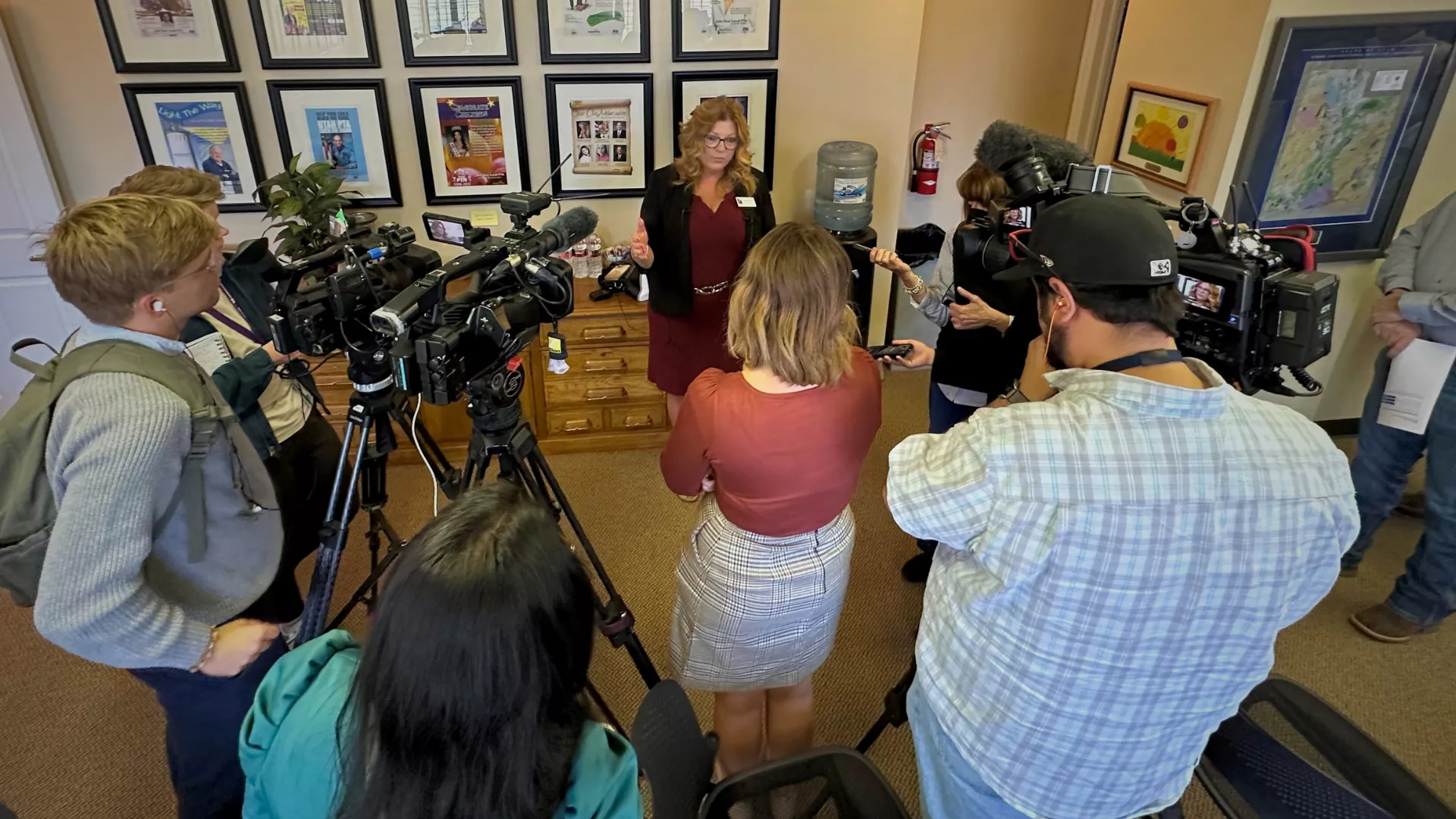On September 18, 2024, the Utah Education Association (UEA) and its co-plaintiffs escalated their legal challenge against the State of Utah by filing a supplemental complaint as part of an ongoing lawsuit against the state's unconstitutional school voucher program.
The supplemental filing specifically targets Amendment A, a proposed constitutional amendment that could significantly impact Utah's public education funding and protections. Attorneys for the UEA argue that Amendment A is an effort to "hoodwink Utah voters into watering down protections for public education."
The Voucher Lawsuit: A Brief Background
The initial lawsuit, filed on May 29, 2024, challenges the constitutionality of the Utah Fits All voucher program, which diverts public funds to support unaccountable private religious school vouchers. Defendants include Gov. Spencer Cox and Attorney General Sean Reyes. The lawsuit is essential for many reasons, including protecting the existing constitutional mandate to fund public schools with income tax funds and ensuring that Utah public schools remain free and open to all students.
"The voucher program not only diverts essential funding from underfunded public schools but also lacks accountability," UEA President Renée Pinkney said.
Supplemental Complaint Targets Amendment A
The supplemental complaint addresses new issues raised related to the lack of notice and lack of transparency in the language published to the public. The people of Utah have a right to know what they are voting in favor or against. The complaint now names additional defendants, including the Utah Legislature, the Senate President, the House Speaker, and the Lieutenant Governor. The filing argues state politicians are attempting to deceive Utah voters into supporting Amendment A, which would weaken constitutional protections for public education.
UEA believes that if Amendment A remains as-is, voters could unknowingly eliminate a key constitutional barrier that prevents the widespread funding of private religious school vouchers.
Misleading Ballot Language and Failure to Publish
At the heart of the supplemental complaint are two central accusations:
- Misleading Ballot Language: The ballot language surrounding Amendment A is "flagrantly misleading" and misrepresents the true impact of the proposed amendment. The language was designed to coax voters to support the measure without understanding its broader implications for public education.
- Failure to Publish as Required by Law: The defendants did not follow proper procedures for informing the public about the proposed amendment. Under the Utah Constitution, any proposed constitutional amendments must be published in at least one newspaper in every county for two months preceding the general election. The defendants failed to meet this requirement, thus violating their constitutional duty.
"Like with Amendment D, these politicians have failed to properly inform the public about Amendment A, violating Utah's Constitution," President Pinkney told reporters.
Expedited Ruling Requested
The supplemental complaint also calls for an expedited court process, given the time-sensitive nature of the case where votes in the General Election will be counted on November 5.
By targeting Amendment A and the unconstitutional voucher program, UEA aims to prevent the erosion of constitutional protections for public education. Utah voters deserve clear and accurate information before making decisions that could have long-term consequences for the state's education system.
